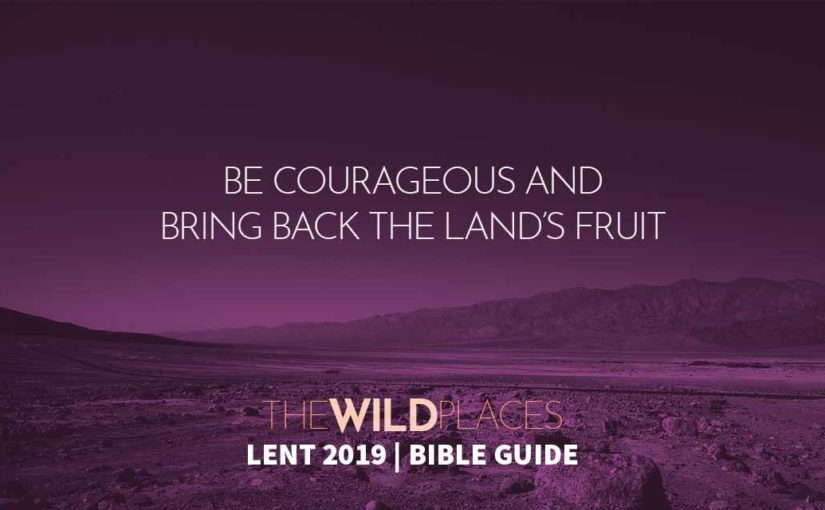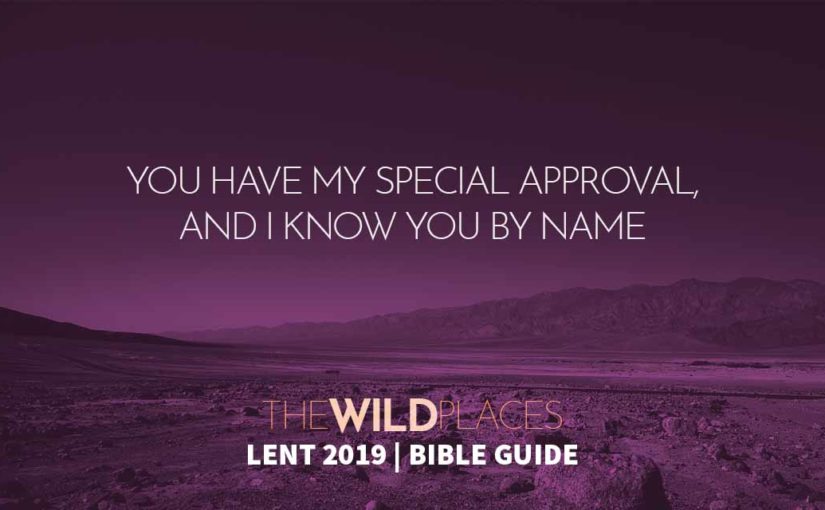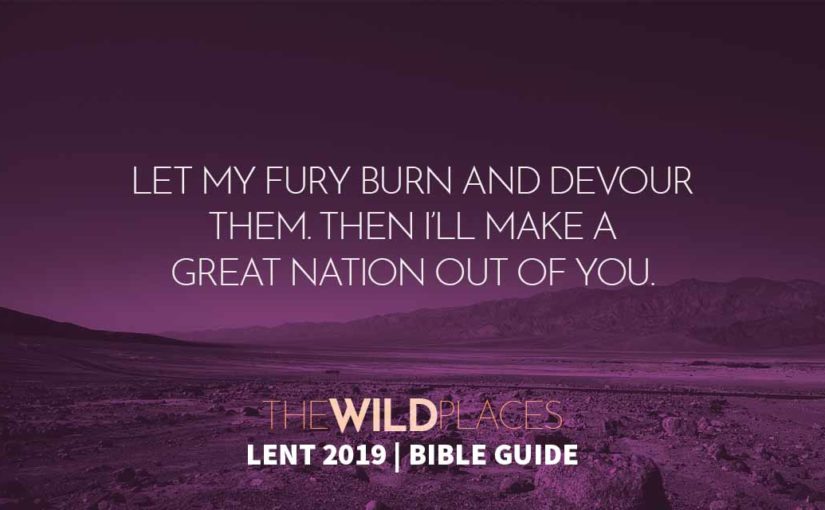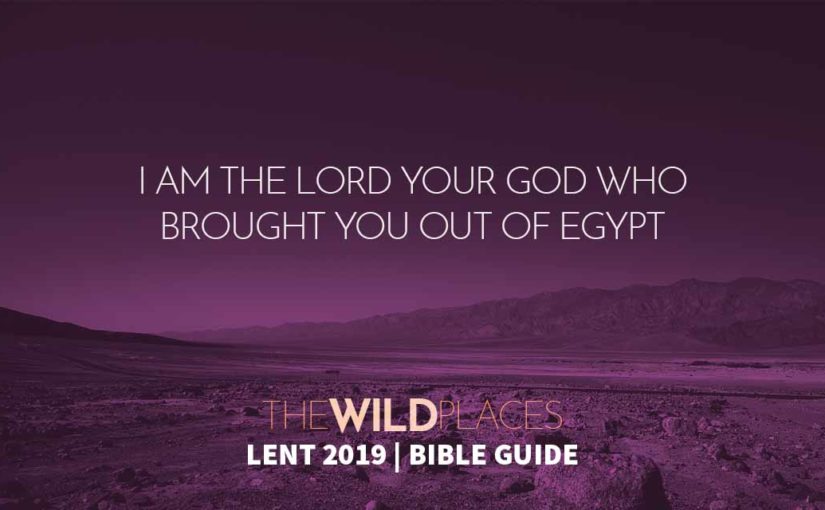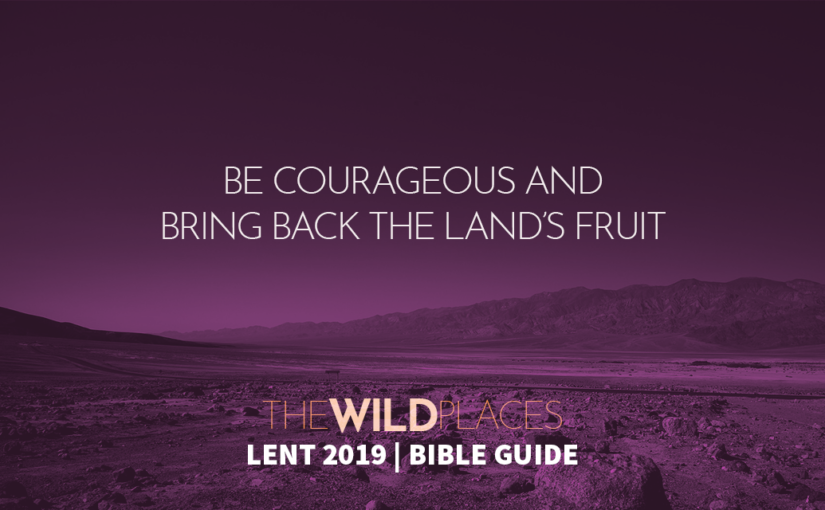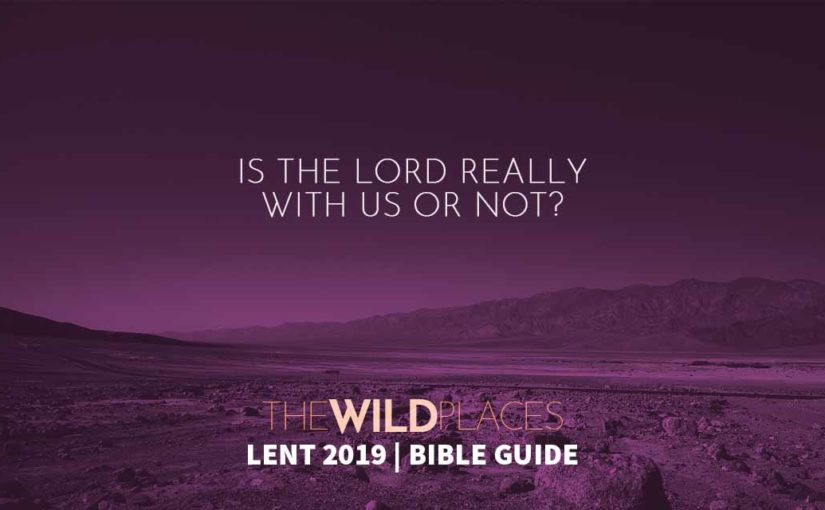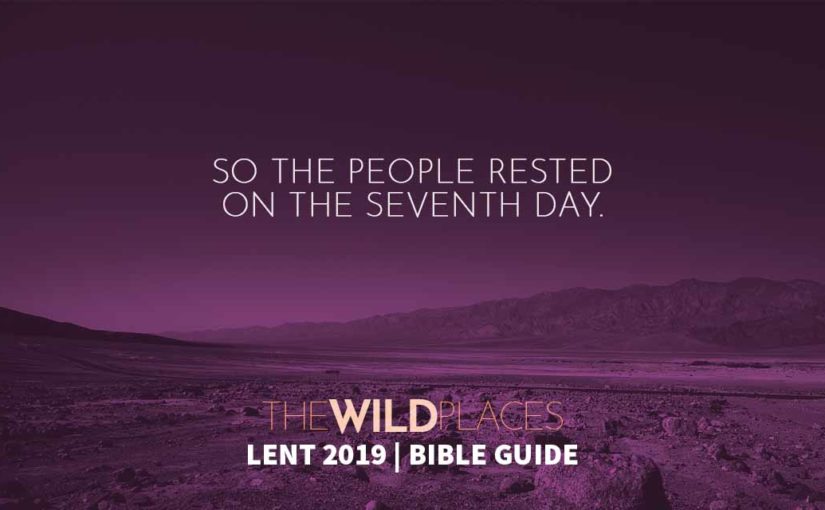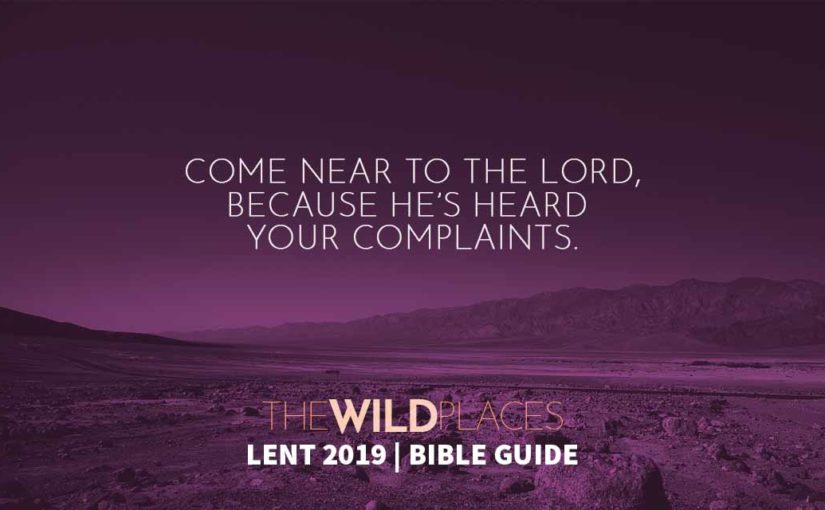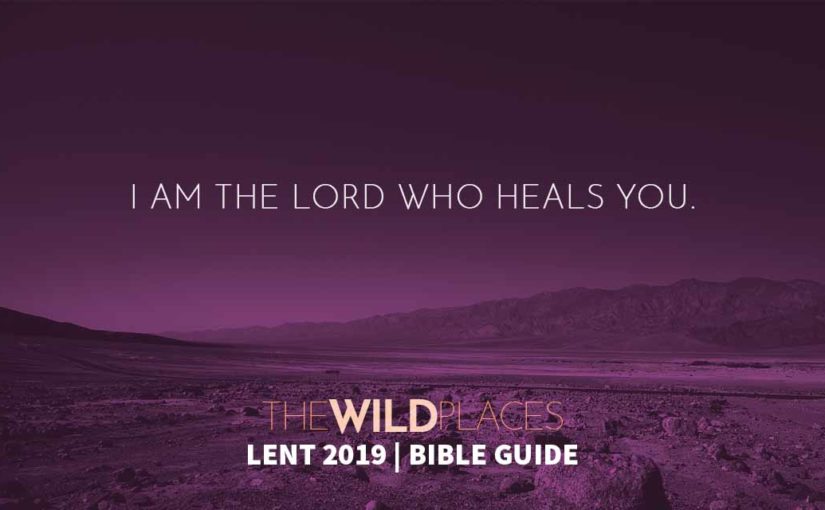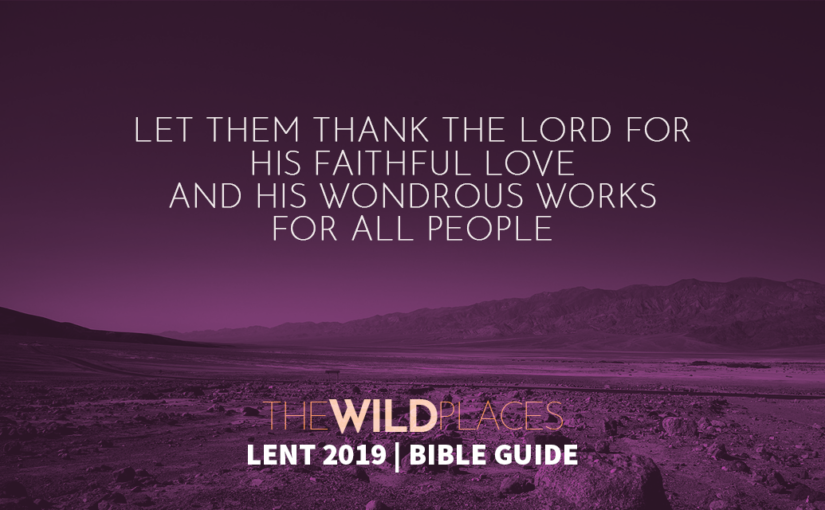Friday, March 22
Numbers 13:17-33
17 When Moses sent them out to explore the land of Canaan, he said to them, “Go up there into the arid southern plain and into the mountains.18 You must inspect the land. What is it like? Are the people who live in it strong or weak, few or many? 19 Is the land in which they live good or bad? Are the towns in which they live camps or fortresses? 20 Is the land rich or poor? Are there trees in it or not? Be courageous and bring back the land’s fruit.” It was the season of the first ripe grapes.
21 They went up and explored the land from the Zin desert to Rehob, near Lebo-hamath. 22 They went up into the arid southern plain and entered Hebron, where Ahiman, Sheshai, and Talmai, the descendants of the Anakites, lived. (Hebron was built seven years before Tanis in Egypt.) 23 Then they entered the Cluster ravine, cut down from there a branch with one cluster of grapes, and carried it on a pole between them. They also took pomegranates and figs. 24 That place was called the Cluster ravine because of the cluster of grapes that the Israelites cut down from there.
\25 They returned from exploring the land after forty days. 26 They went directly to Moses, Aaron, and the entire Israelite community in the Paran desert at Kadesh. They brought back a report to them and to the entire community and showed them the land’s fruit. 27 Then they gave their report: “We entered the land to which you sent us. It’s actually full of milk and honey, and this is its fruit. 28 There are, however, powerful people who live in the land. The cities have huge fortifications. And we even saw the descendants of the Anakites there. 29 The Amalekites live in the land of the arid southern plain; the Hittites, Jebusites, and Amorites live in the mountains; and the Canaanites live by the sea and along the Jordan.”
30 Now Caleb calmed the people before Moses and said, “We must go up and take possession of it, because we are more than able to do it.”
31 But the men who went up with him said, “We can’t go up against the people because they are stronger than we.” 32 They started a rumor about the land that they had explored, telling the Israelites, “The land that we crossed over to explore is a land that devours its residents. All the people we saw in it are huge men. 33 We saw there the Nephilim (the descendants of Anak come from the Nephilim). We saw ourselves as grasshoppers, and that’s how we appeared to them.”
Points of Interest
- null
- Wild places are often transitional places, and in between the known past and the unknown future. These times, what are called liminal spaces, are where most transformation and growth occurs, with that catch that they are also times of uncertainty and risk. But seen this way, our wild places of uncertainty and confusion can be great gifts to us, if we are humble and curious and patient.
- Perhaps you’re troubled by the hints of violence in this passage – the question at hand is how to “take possession” of someone else’s land. Well, there are different opinions on this, but scholarly consensus is that the generation after Moses did not literally destroy the cities and residents of ancient Canaan. There are several theories regarding the ancient origins of the people of Israel, but they are all less violent and more complicated than that. Therefore, we’ll read this passage as it was likely meant to be read – as a metaphor for many other situations in which the future is potentially bright but full of risk and uncertainty.
- I see three parts of our relationship to an unknown future. The first we’ll call “Investigate the Future.” A team of spies walk through the land and inspect its fruit. This time is marked by curiosity and hope. Perhaps in all wild spaces, even the wilds of old age and approaching death, God calls us to curiosity and hope. We can never control the future, or the outcomes of our present moment, but we can examine our future possibilities with curiosity – why not? – and dare to have a posture of hope.
- The second part we’ll call “See the Promise and the Risk.” The curious, hopeful team sees milk and honey – the land of their dreams – just as they see powerful people and huge walls that stand in the way of the dream. To note the promise and the risks of our hopes and dreams is good sense. To examine both the promise and risks of anything we think God might lead us toward is part of a response of faith.
- The third part is of our relationship to our unknown future is a binary choice: “Take Possession, or Abandon the Dream.” The advance team is divided, between the one who says they can do it and the many who say it is impossible. One says we are more than able, the rest see themselves as grasshoppers. This is the difference between a growth mindset (with effort and help, we can change and grow) and a fixed mindset (change and improvement is unlikely). It is the difference between hope and cynicism, between faith and despair.
A Direction for Prayer
For any in your faith community – yourself included – that see themselves as grasshoppers, pray that God births the hope that they are more than able. For any that lack vision of life beyond the wild places, pray that God grows curiosity, hope, and strength to imagine and take possession of a better future.
Spiritual Exercise of the Week
Encounter and Discovery in Nature – This week, each day if you are able, spend a few minutes of quiet in a natural environment. This could be a patch of woods, a park, or even leaning against a single tree. Be creative with what’s available, or try a single, longer trip at one point during the week. (The ocean of Revere Beach, Boston Harbor, or the beaches of Dorchester Bay, and the woods of the Arnold Arboretum, Franklin Park, and more are all available via public transportation.) Quiet your body and mind for a few minutes, and see what you notice or discover. Is there any way you differently encounter yourself, your life, your world, or God in this setting? Is there any perspective you take in?


